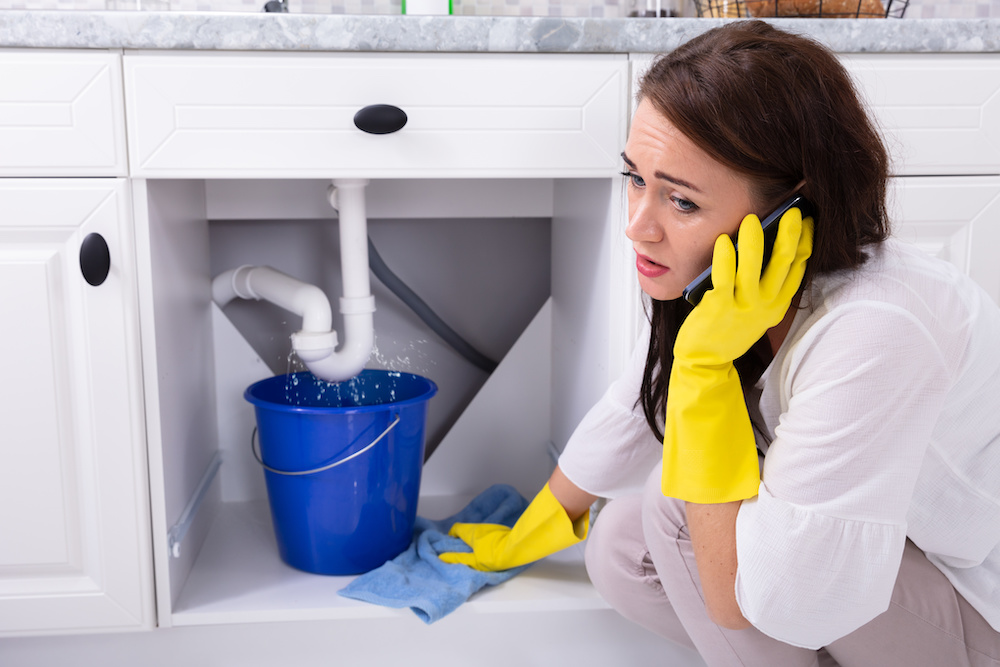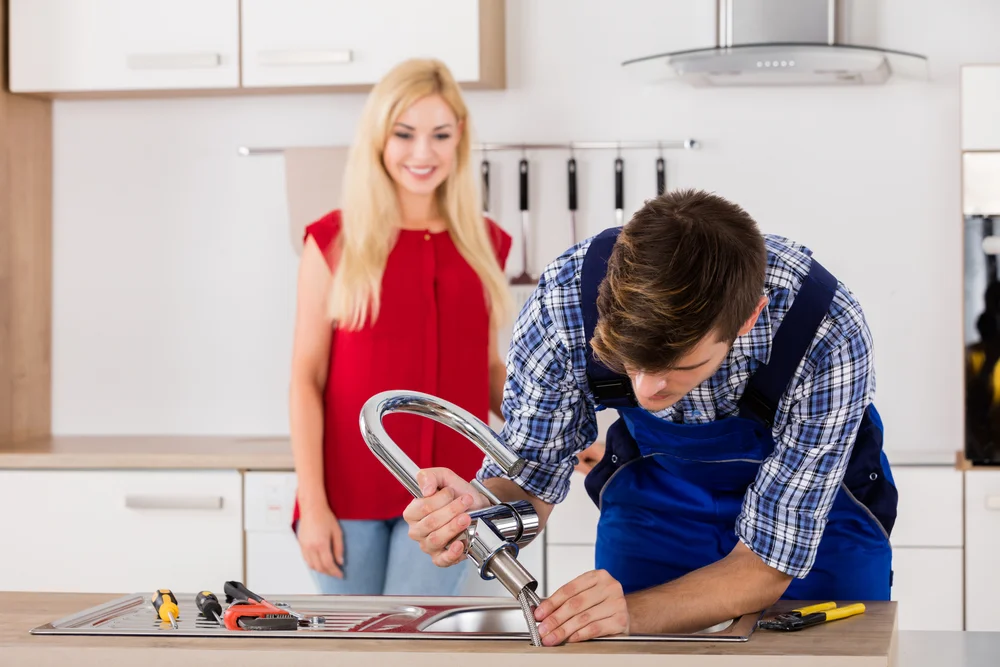Just about everyone has their own opinion about What to Do While Waiting for an Emergency Plumber.

Plumbing emergency situations can strike at any moment, triggering stress and anxiety and prospective damages to your home. Whether it's a burst pipe, a clogged up drain, or a leaky tap, knowing exactly how to manage the scenario until an expert plumber shows up can save you from more complications. This write-up offers crucial emergency pipes pointers to aid you reduce damages and regain control throughout a plumbing situation.
Shut off the Water Supply
The very first step in any type of plumbing emergency situation is to shut off the water. For localized concerns, such as a leaking tap or bathroom, switch off the valve near the component. In the case of a significant leak or ruptured pipe, situate your home's primary water shut-off shutoff and turn it off quickly. Knowing the location of these shutoffs beforehand can conserve valuable time throughout an emergency situation.
Address Small Leakages with Short-term Solutions
Little leaks can promptly end up being substantial issues if left unchecked. Make use of these short-term solutions up until professional assistance arrives:
While these repairs aren't permanent, they can aid reduce water loss and damage.
Unclog Drains Securely
A stopped up drain can be a frustrating and unpleasant problem. Right here's how to tackle it:
If these techniques do not work, avoid utilizing excessive pressure, as it may get worse the obstruction.
Manage Overflowing Toilets
An overruning toilet can trigger immediate turmoil. Here's what you must do:
Turn off Your Hot Water Heater
In certain emergencies, such as a ruptured pipe, it's a good idea to shut down your water heater. This avoids getting too hot or damage to the device when water stops streaming. Switch off the power supply to the hot water heater (electric or gas) and allow it cool to avoid possible risks.
Momentarily Stop a Ruptured Pipe
A burst pipeline can result in substantial water damage in minutes. To alleviate the concern:
Call a specialist plumbing professional immediately to deal with the issue permanently.
Manage Frozen Water Lines Meticulously
In cooler environments, frozen pipelines are an usual emergency. If you think an icy pipeline:
Avoid Further Damage
Taking quick activity to decrease damages can conserve you money and time over time. Here's how:
. Have an Emergency Situation Pipes Kit
Prepare a standard plumbing emergency set to handle small issues properly. Your set needs to include:
Having these tools accessible can make a considerable difference in your capacity to handle emergencies.
Know When to Call a Specialist.
While quick fixes can assist temporarily, certain pipes issues call for instant professional focus. Call a plumbing if:.
Without delay getting in touch with a specialist guarantees the concern is fixed appropriately and avoids additional complications.
Final thought.
Pipes emergencies can be frustrating, but with the ideal expertise and tools, you can take care of the scenario effectively up until aid arrives. By shutting off the water supply, dealing with tiny leaks, and utilizing short-lived fixes, you can decrease damage and maintain your home safe. Remember, these pointers are short-term remedies; always get in touch with a certified plumbing professional to deal with the origin of the problem. Preparation and fast thinking are your best allies in any type of pipes emergency.
8 Helpful Tips for Managing Plumbing Emergencies at Home
If your plumbing system hasn’t failed once, wait for it because almost everyone has a story to tell. Sometimes, it could be simple emergencies such as a leaking pipe, a blocked cistern, or even a big burst pipe. In situations like this, you need to have some handy tips to save you some money and from possible damages.
Take care of minor issues early.
Sometimes, you could have avoided an emergency by taking proactive measures while it was still early. Some major plumbing emergencies can be a result of an ignored minor issue. We recommend that you have items like plumbing tapes and other related items. A plumbing tape can allow you to manage minor leaks before the plumber arrives.
Cut off the water supply.
This tip is essential in almost any type of leakage problem. For problems like minor leakages in the toilet or kitchen, turn off the supply that takes water to the affected pipes. If the leakage is a major pipe, you must shut off the supply valve to the entire building. This will help you avoid flooding your home and neighbors if you share a flat.
Know your plumbing system
Folks typically move into a new apartment without understanding the water supply around the building. This can prove disastrous if a water emergency arises and the plumber is far away. The previous tip will prove useless if you don’t practice this one. More importantly, know where your water shut-off valve is located – you’ll need that knowledge to prevent potential home floods.
Have some common handy tools
There are lots of plumbing emergencies that you can handle without hiring a plumber. That’s why you must keep some tools available always. Some tools that you can use to fix simple plumbing emergencies easily include plumbing tapes, screwdrivers, thread seal tapes, plungers, pliers, tape measures, and rubber gloves.
Insulate your pipes from cold
You’ll save yourself from many plumbing expenses if you protect your water pipes from the cold. This is because of the harmful effects that cold weather can have on your pipes. During winter, your pipes can burst from being overly expected to freezing temperatures. So, make sure insulators are there to keep the pipes working correctly.
Avoid practices that will clog your toilet.
Many people indulge in practices that can damage the plumbing system of the entire building. One of these is when they use their toilet to dispose-off garbage. They flush all kinds of things, such as paper towels, bandages, hairs, female sanitary products, etc., down the toilet. This will block your toilet in the long run, incurring unnecessary expenditures. Dump such waste in the trash instead.
Check your dials regularly.
Sometimes, there could be leakages in your home without noticing them in time. So, constantly monitor your water meter dial. If the dial is reading when there is nobody using water, this is an indicator that there is leaking. Check for leaks immediately. Call a plumber as soon as possible if you can’t find any.
https://www.constructionplacements.com/8-helpful-tips-for-managing-plumbing-emergencies-at-home/

Hopefully you liked our post on Expert Tips for Managing a Plumbing Emergency Until Help Arrives. Thanks a ton for spending some time to browse our article post. If you appreciated our page please be sure to share it. Thank-you for taking the time to read it.
Call Today